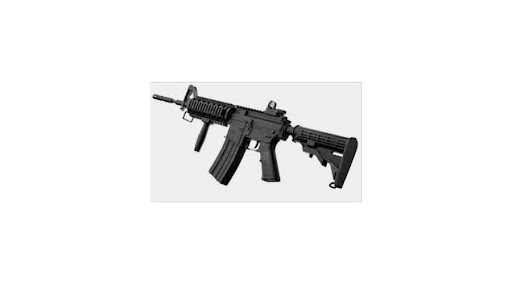Writing a piece posted today on Linkedin Tania Miletic and Anouk Ride centered their story on the angry regional, and broader,rhetoric over China’s deal with the Pacific nation and hiding the mutual interest all sides have instability in the Pacific region.
In part of their joint article I noted the following comments, which I quote.
Australian politicians will likely be answerable for failures in Solomon Islands security, as will the Department of Foreign Affairs and Trade and the Australian federal police, if the country unravels into conflict.
How then may all sides get out of this rapid conflict escalation? First, China and Australia should rethink the provision of guns and other weapons to Solomon Islands police.
China recently sent replica weapons to police in Solomon Islands for training, raising questions of intent to supply real weapons in future. Australian federal police support includes rearmament of the police with rifles.
The risks are high of these weapons getting into the hands of private rather than state actors, of state actors using these weapons against civilians, of resistance by people to armed officers, and of the police being unable to control its assets. Police supporting militants and getting arms to them was a key ignitor of physical violence in the previous civil conflict from 1998 to 2003 and certain sectors such as Parliament are already saying they want no arms in their domain.
Second, all actors must be reminded that to equate armed forces and weapons with security is contrary to the Pacific way of solving conflicts. This Pacific way has included traditional conflict resolution through the use of chiefs, churches and civil society leaders as mediators and sources of pressure on local men enacting violence.
Third, finding constructive solutions will need to develop from more grounded conflict analysis, involving experts and state and non-state security actors in Solomon Islands. A similar process is needed at the regional level to understand the multi-level and complex dynamics that are at play and divergent views on these. There is opportunity to pause, reflect and talk.
Fourth, Australian peace-building capacity requires rebalancing military, intelligence and economic imperatives with diplomacy and aid. While it is true that Australian aid to the Pacific has been significant, little is used for conflict prevention and the ratio of spending on defence to aid dollar is now 12:1. There is ongoing Australian neglect of climate change action, which is already criticised throughout the Pacific.
From what has been allocated, spending could also be smarter, for example in this year’s budget there is $A65m for a new complex for the Australian High Commission in Honiara. This is boomerang aid, that employs and spends on Australian personnel rather than on local capacity; constructing a building for Australian staff, rather than more pressing needs like the National hospital, which last week flooded and is in poor condition.
It demonstrates the centralisation of aid to city capitals and reluctance of Australian aid to invest in subnational governance, such as provincial government services and local civil society. This will increase Pacific grievances with the aid program.
Given Australia’s challenging levels of low trust and influence in the Pacific a rethink about how best to “step-up” is needed. In our dialogues with actors in China, Pacific and Solomon Islands, we have heard repeatedly that listening deeply would help Australia respond better to security concerns. If Australia better understood the immediate and pressing realities Pacific neighbours face, it could rebuild and sustain trust in Australia as a responsible actor, key partner and collaborator to meet interconnected aims for greater security, economic and geostrategic goals.
End of quotes.
Footnotes.
- Dr Tania Miletic is assistant director, Initiative for Peace building at the University of Melbourne and Dr Anouk Ride is an affiliate reseacher, Initiative for Peace building, University of Melbourne, based in Solomon Islands.
Yours sincerely
Frank Short



